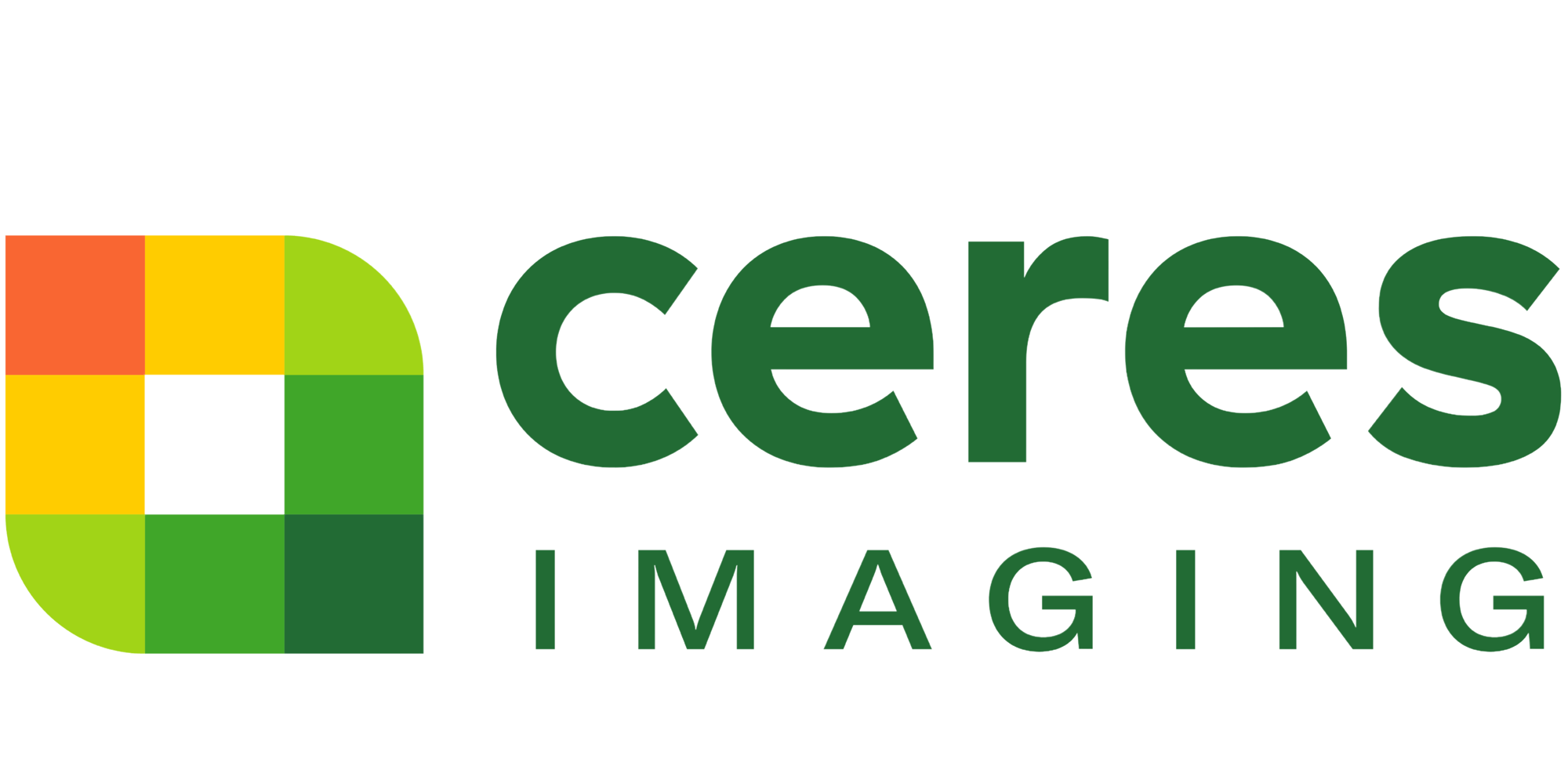What should growers know about food safety?
Beyond day-to-day operations, and in addition to the new federal rules known as FSMA, there are some key big-picture tips that Rachael Spiegel, an attorney with Faegre Baker Daniels LLP, shared with growers at December’s Almond Conference.
- “It doesn’t matter how on point your food safety plan is, if it’s not written down, and it’s not documented, in FDA’s mind, it’s not happening.”
“It’s important to have a basic plan in place so that when inspectors show up you can show them written CGMPs (Current Good Manufacturing Practices) and a food safety plan,” according to Spiegel.
“It’s also important to have a written recall plan in place and a FDA inspection plan in place,” Spiegel said.
She advises that growers should conduct mock recalls, they know what to do in various situations, such as if an inspector takes out a camera and starts photographing your facility and you don’t want them to. - “Don’t only trust external audits…”
Spiegel told growers a scary story about cantaloupe farmers who’d just passed a third-party audit with a 96% rating, shortly before their crop was responsible for an outbreak of disease.
“I have to tell you these guys were just normal farmers, they thought they were complying with food safety rules,” Spiegel said. “But their product still sickened and killed a bunch of people, and FDA made a big example out of them. It didn’t matter that they had no bad intent. It didn’t matter that they relied on their audit; their audit was no defense to them.” - “Recall insurance is like flood insurance, you don’t want to be caught without it. Like a flood that can destroy your home, a recall can quickly destroy your business.”
“I advise clients to get insurance no matter who my client is,” Spiegel said. “Make sure you read the fine terms of the recall policy, and ask what costs the recall policy will cover.”
That’s important because some policies don’t cover plant shutdown or litigation costs, Spiegel said.
For growers with specific questions about their FSMA obligations, Spiegel pointed to valuable resources provided by the Almond Board.
“The Almond Board is one of the best resources you guys could ever ask for,” she said. “Their FSMA materials are really great. They’ve got nice flow charts that show you whether you’re subject to certain aspects of FSMA.”
For even more on food safety and FSMA, here are some presentations from the Almond Conference, available online thanks to the Almond Board:
